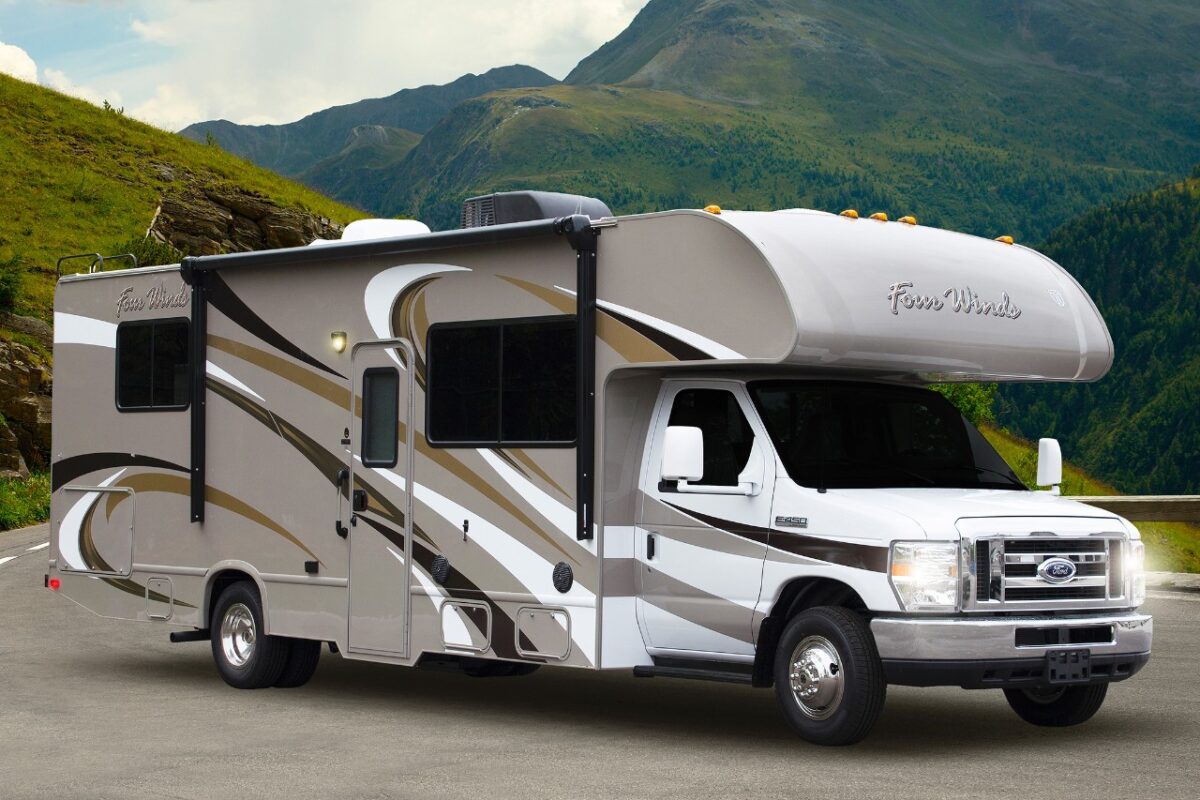
Share or Die: How the Sharing Economy Will Save the World
We live in a world of excess. How could we not? We have a wider array of affordable goods and services available to us than any time in history. But there are 7 billion people on the planet, and the per capita consumption of resources is at an all-time high. In Canada especially, we produce a staggering amount of garbage.
None of this is news. Climate change is an increasingly hot topic (no pun intended), we’ve been hearing about ‘going green’ for decades now, and we know we need to reduce our resource consumption drastically.
But old habits die hard.
Part of our resource-hungry lifestyle is culturally driven. We were raised in a world where you bought things when you needed them. Need to drive a nail? Buy a hammer. Need to get from A to B? Buy a car. We’re surrounded by marketing messages that push us to want more, to buy more, to own more.
So that’s what we do: we buy things. We use them. We store them. We buy new things. We use them. We store them. Just look at most people’s garages and basements; they are full of “stuff” they don’t use.
Every so often we purge. We throw away our dusty old things to make room for shiny new things. Then we buy new things. We use them. We store them…and the cycle repeats.
What we conveniently forget is that when we toss our old things, they don’t just “go away”. Our landfills are expanding; our oceans are full of garbage. It’s not sustainable, and we need to stop.
But when we’re told to limit our consumption, we feel stuck. We still need to drive nails; we still need to get from A to B. How are we supposed to maintain our consumer lifestyles without consuming? Quite the conundrum.
Did you know that as a society, we have consumed more in the last 50 years than in the entire human history before that?
This is finally changing. There is a new movement, and it’s called The Sharing Economy. It’s the solution to our conundrum, and it’s going to save the world.
In a nutshell, the Sharing Economy is a system of sharing goods, services and knowledge in exchange for money or other goods, services and knowledge.
Think of it like a library (the early Sharing Economy model). Imagine a library that nobody owns. No brick-and-mortar. It’s peer-to-peer (P2P), every book you’ll ever need is owned by a different person around the world, and you can find it online and rent it when you need it. Then, when you’re done with it, you bring it back for someone else to rent. Now imagine this library carries more than books…
It carries everything.
The Sharing Economy makes use of technology the way it was intended: to foster efficiency. To connect us with our neighbours in our community, in our city, in our country and across the world. To decentralize control over our goods and services. To make everyone a producer and a customer. To value access over ownership.
Own an apartment or spare room, but not using it? Share it on Airbnb. Got a car and some spare time? Sign up for Uber and make some money. Got a travel trailer that sits around 90% of the time? Rent it on RVTravelCentral.
Not only are you reducing your consumption, but you’re also turning your paperweights and money sinks into assets you can leverage. It’s collaborative consumption and we all stand to gain from it.
Big businesses are scared of collaborative consumption (understandably, they’re selling fewer hammers). The hotel industry is fighting Airbnb tooth and nail, taxi drivers are staging strikes in protest against Uber. But it’s a win for everyone. As a customer, you don’t buy a hammer to use once a year. You save money. As an owner, you have control over your product or service; you rent it out when it suits you. You make money.
It’s the new world we live in. And it’s the foundation of what we’ve built at RVTravelCentral.
We’ll be talking a lot more about the sharing economy in the coming months, so stay tuned and thanks for reading.
♥RVTravelCentral





